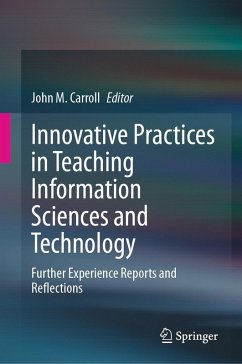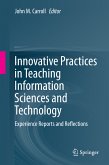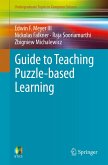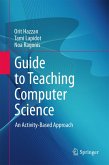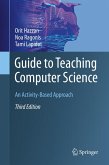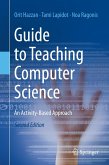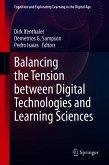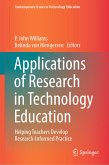Information Sciences and Technology (IST) is a rapidly developing, interdisciplinary area of university research and educational programs. It encompasses artificial intelligence, data science, human-computer interaction, security and privacy, and social informatics. In both research and teaching, IST ambitiously addresses interdisciplinary synergies across this broad foundation. Many articles and books discuss innovative research practices in IST, but innovations in teaching practices are less systematically shared. Although new programs and new faculty join IST each year, they basically have only their own imaginations to draw upon in developing effective and appropriate innovative teaching practices. This book presents essays by experienced faculty instructors in IST describing insights that emerged from teaching and learning classroom practice, and that have been validated through classroom experience. The book is intended to help develop and strengthen a community of practice for innovative teaching in IST.
Dieser Download kann aus rechtlichen Gründen nur mit Rechnungsadresse in A, B, BG, CY, CZ, D, DK, EW, E, FIN, F, GR, HR, H, IRL, I, LT, L, LR, M, NL, PL, P, R, S, SLO, SK ausgeliefert werden.
Hinweis: Dieser Artikel kann nur an eine deutsche Lieferadresse ausgeliefert werden.

